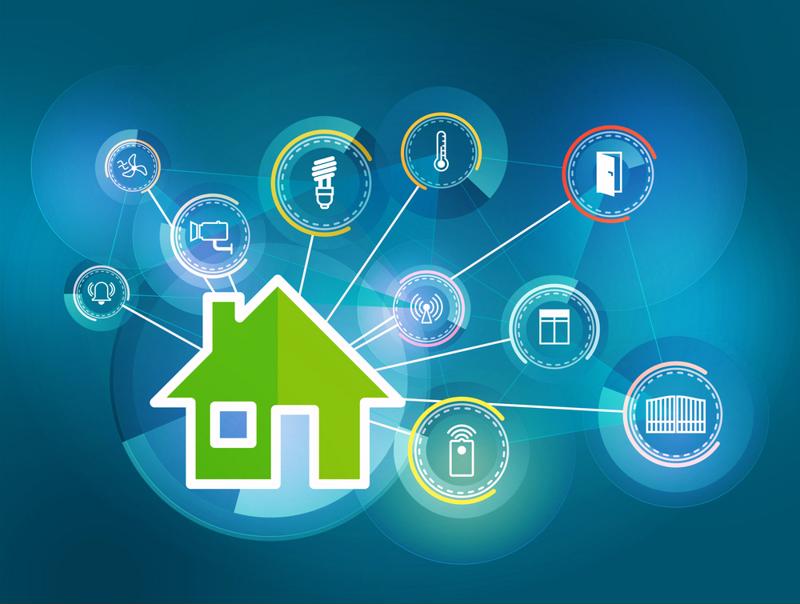
Boosting cloud security in your smart home
By Max BurkhalterDecember 16, 2021
As technology advances at break-neck speeds, the applications of smart devices expand to encompass nearly every aspect of our daily lives. These connected devices, collectively referred to as the Internet of Things (IoT), help us with everything from brewing a morning cup of coffee to controlling temperature and monitoring home security systems; and the rapid adoption of cloud-based gadgets is only expected to rise in coming years. By 2025, Statista estimates that IoT devices will be integrated into over 478 million homes.
Unfortunately, this increased connectivity comes with a crucial caveat. If your network isn't properly secured, hackers can access the cloud data generated by IoT-based appliances and potentially gain control of these devices with malicious intent. Protecting your smart home from cybercriminals is vital to preventing data breaches and other security risks that threaten your home and privacy. With that in mind, let's take a look at the vulnerabilities of IoT devices to see how you can improve your home's cloud security.

Potential risks of connected devices
According to IoT World Today, the number of IoT cyberattacks has more than doubled in the last year alone. As manufacturers churn out updated products in a race to get their IoT devices on the market, they often overlook security patches and features that can leave your home and data vulnerable to attacks. In some of the worst cases, a hacker could:
- Monitor your home's thermostat and smart lighting to determine when you are away
- Hack into home security and computer cameras for live-feeds
- Access confidential information like passwords and bank accounts
- Gain access to your network and execute ransomware attacks
- Utilize the computing power of your devices for denial-of-service attacks, crypto mining or password cracking
Improving IoT security in your smart home
With all of these security concerns, implementing cloud-connected devices into your home can seem scary. Luckily, there are a few easy steps you can take to protect your home from cybersecurity threats:
1. Secure your router
The first step to protecting your smart home starts with the router. Ensure your router is up-to-date with the latest security patches and change the default settings like name and password. When you set up your router for the first time, the name often has information about the manufacturer or network you are using. This can give hackers the information they need to gain access to your router and control any cloud device in your home.
2. Create guest networks
Segmented networks provide visitors with WiFi for their devices without giving them access to your home's main network. You can also use this secondary network for your IoT devices so that if one is compromised, the hacker only has access to the guest WiFi, thereby mitigating the risk of a primary network breach.
3. Improve password strength
Passwords that are comprised of a random mix of letters, numbers, and symbols are much harder to crack than ones that use phrases or specific dates. Avoid short passwords (less than 15 characters), and be sure to change your passwords regularly.
4. Use multifactor authentication
Modern IoT devices often offer two-factor or multifactor authentication for your IoT devices, requiring a second login code usually sent through email or text message. Manufacturers are also implementing biometrics such as fingerprint scanners, which add another layer of security to your IoT devices. These measures require multiple proofs of identity, ensuring that you are the only person who can access your data and devices.
5. Avoid public Wi-Fi
While free Wi-Fi in places like coffee shops or hotels can be convenient, they are often vulnerable to security breaches. If you're on public WiFi, it's best to use a virtual private network (VPN) to secure your connection. VPNs offer a private, encrypted gateway to the internet that prevents potential hackers from accessing your IoT devices and sensitive data.
If you would like to learn more about how Perle can boost your cloud security, check out our customer success stories.



